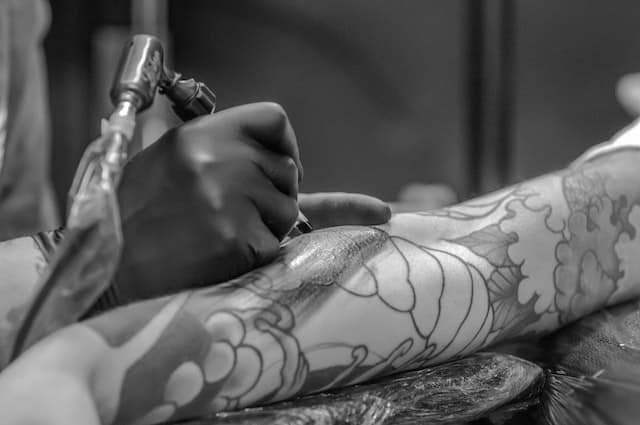Tattooing is an art form that’s taking on increased popularity and acceptance throughout previously conservative cultures. The more people appreciate tattoos for their unique art, the more work there is for professional tattoo artists. Perhaps you have always wanted to be a tattoo artist since learning what tattoos are, or maybe you only recently discovered just how intriguing the industry is. Whatever your background, here are some of the common ways people break into tattooing professionally.
Researching and Deciding If It’s for You:
Read up about the experiences of other tattoo artists and think about whether or not the sacrifices they have to make are aligned with your hopes for the future. For example, many tattoo artists forego relative job stability to make a living from a pursuit that they love. Plenty of other jobs offer higher wages than most tattoo artists, but a good tattoo artist doesn’t get into the industry solely for the money. Use the information you find to decide if it truly is a career that you can see yourself enjoying.
Enrolling in a Tattoo Program:
There are colleges and dedicated tattoo schools that offer lessons tailored toward finding your place in the tattooing world. It is debated whether these are worthwhile since many professionals disregard the qualifications gained from these institutions and prefer instead to see a newcomer develop skills in a real tattoo environment. However, these programs can be useful for learning the basic techniques.
Starting an Apprenticeship or Training Period:
In the eyes of most professional tattoo artists, becoming a trainee or apprentice is the best way to gain the necessary skills. Reach out to your local tattoo shops and build relationships with experienced artists to acquire a mentor. This is someone who will nurture your learning and make sure you develop at a good pace. Your mentor will also make suggestions about which tattoo supplies are best and how to practice more refined techniques. It can take some time to find someone willing to take on an apprentice, so be patient and open-minded during your search.
Working Towards a Compelling Portfolio:
From the beginning of your journey, you ought to be focused on curating a portfolio of work that demonstrates your abilities as both an artist and a tattoo artist. At the start, this portfolio will have no actual tattoos on real skin in it, but over time, you can add your successful tattoos to the collection.
Continual Development and Education:
The best tattoo artists never stop teaching themselves and finding better ways to work. This applies not only to their technical skills but also to their creative practice. If you want a lasting career in tattooing, you will need to stay curious about the art form and continually improve your methodology and output.
There is no single route that all tattoo artists must take to become proficient in their fields. Some people know from an early age that they are drawn to tattooing as a potential career, while others leave more conventional jobs to pursue this passion.







